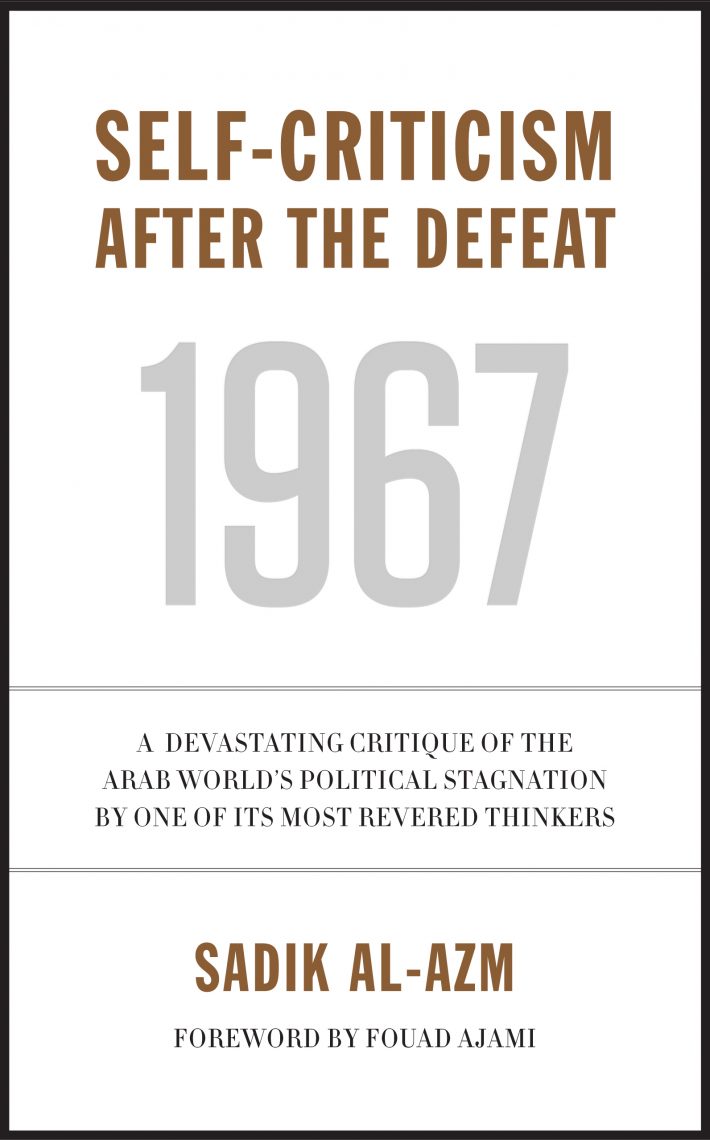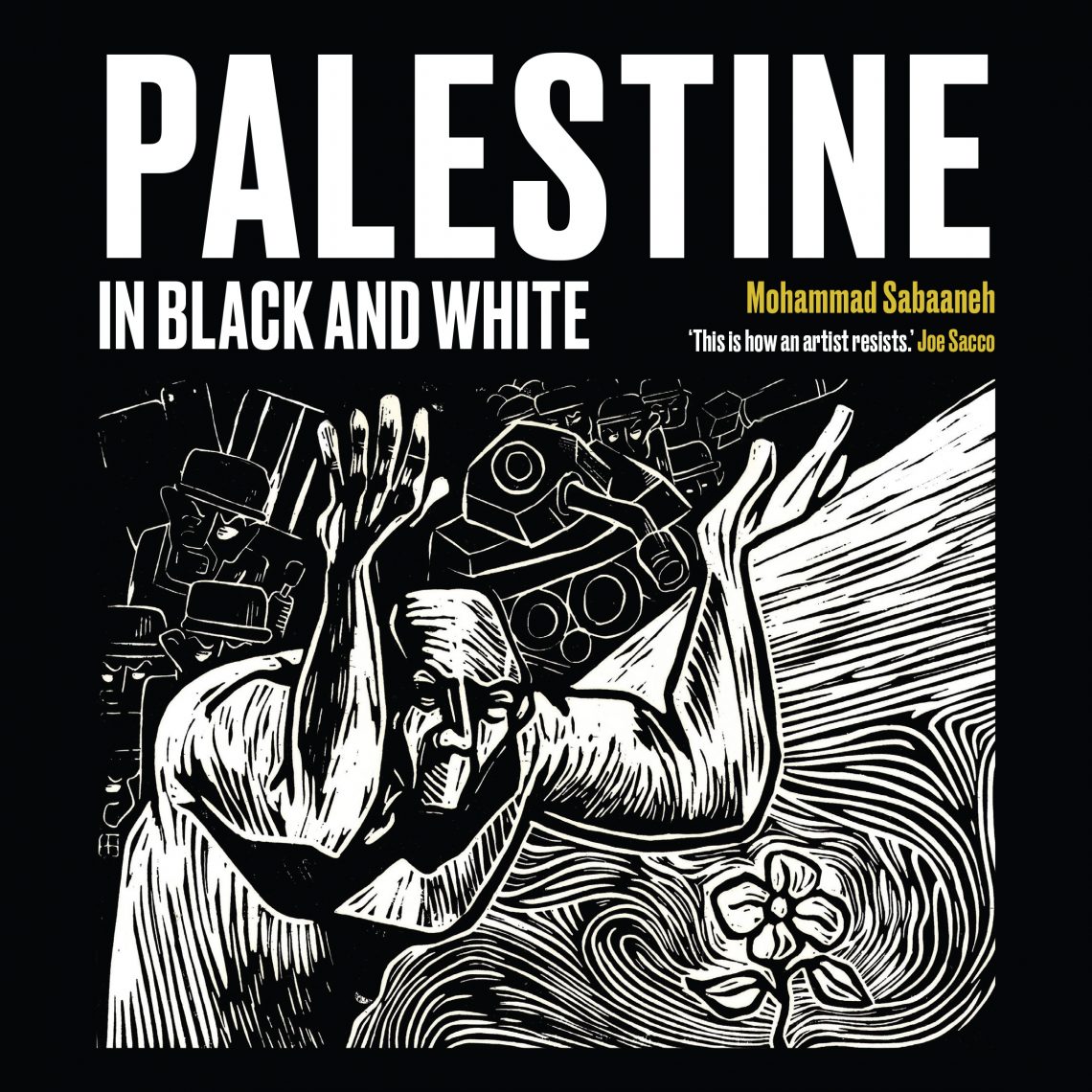
Self-Criticism after the Defeat
About the Book
The 1967 War – which led to the defeat of Syria, Jordan and Egypt by Israel – felt like an unprecedented and unimaginable disaster for the Arab world at the time. For many, the easiest solution was to shift the blame and to ignore some of the glaring defects of Arab society.
Syrian philosopher Sadik al-Azm was one of the few to challenge such a view in his seminal Self-Criticism after the Defeat. Exposing the political and cultural faults that led to the defeat, he argued that the Arabs could only progress by embracing secularism, gender equality, democracy, and science.
Available in English for the first time, Self-Criticism after the Defeat is a milestone in modern Arab intellectual history. It marked a turning point in Arab discourse about society and politics on publication in 1968, and spawned other intellectual ventures into Arab self-criticism.
About the Author
Born in Syria (1934 - 22 December, 2016) Sadik al-Azm was one of the foremost Arab intellectuals of recent decades. Since this book’s original publication in Arabic, al-Azm was to know both eminence and persecution. He was tried in Lebanon for his assault on Islamic religious dogma, and was dismissed from his position at the American University of Beirut. Many of his works are still banned in the Arab world. He was Professor Emeritus of Modern European Philosophy until 20087 at the University of Damascus and was awarded the Erasmus Prize in 2004.
Reviews
'A groundbreaking book' Robert Worth, New York Times
'A unique book ... Sadik al-Azm sought to strip Arab thought of its belief in fate and folk tales and superstition. He told his people the sort of truths that outsiders are too embarrassed to tell – even when they were themselves able to see these truths.' Fouad Ajami




